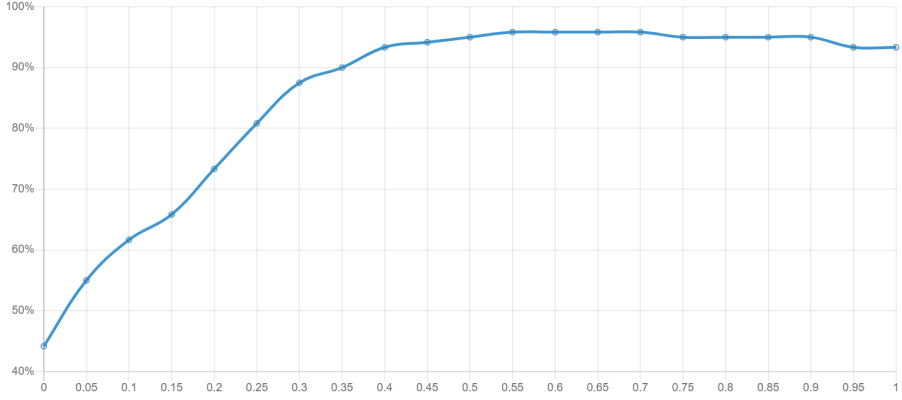Thomas3857
Dryer sheet aficionado
Hi everyone -
I've been a hands off investor for likely too long and only recently have I sat down and taken a hard look at my AA and here's where I am:
In tax deferred accounts (IRA, SEPP, 401(k), etc.)
$1,200,000 - 50% stock funds / ETFs (36% US & 14% INTL)
- 28% cash
- 18% Bonds / Fixed Income
- 4% Alternatives -
In taxable accounts
$200,000 in index funds
Cash - not including the $300K plus sitting in my SEP
$1,100,000
$520K in real estate between rental and residence
No debts
55 w/income of approx. $275k - Looking to retire in next five (sooner I hope) years.
Risk tolerance - conservative (obviously looking at the amount of cash)
Moved my account to Schwab from a regional bank FA who likely had his best interest and not mine in mind when he constructed my portfolio.
Meeting with a Schwab FA tomorrow to discuss options.
Hate the ideal of putting 1m plus into this market with indexes at all-time highs but understand I need this cash to earn more than the 1/2 percent I'm getting now.
Been thinking about this for awhile but can't pull the trigger and my gut tells me doing nothing is not the answer.
Thoughts?
Thanks!
I've been a hands off investor for likely too long and only recently have I sat down and taken a hard look at my AA and here's where I am:
In tax deferred accounts (IRA, SEPP, 401(k), etc.)
$1,200,000 - 50% stock funds / ETFs (36% US & 14% INTL)
- 28% cash
- 18% Bonds / Fixed Income
- 4% Alternatives -
In taxable accounts
$200,000 in index funds
Cash - not including the $300K plus sitting in my SEP
$1,100,000
$520K in real estate between rental and residence
No debts
55 w/income of approx. $275k - Looking to retire in next five (sooner I hope) years.
Risk tolerance - conservative (obviously looking at the amount of cash)
Moved my account to Schwab from a regional bank FA who likely had his best interest and not mine in mind when he constructed my portfolio.
Meeting with a Schwab FA tomorrow to discuss options.
Hate the ideal of putting 1m plus into this market with indexes at all-time highs but understand I need this cash to earn more than the 1/2 percent I'm getting now.
Been thinking about this for awhile but can't pull the trigger and my gut tells me doing nothing is not the answer.
Thoughts?
Thanks!

